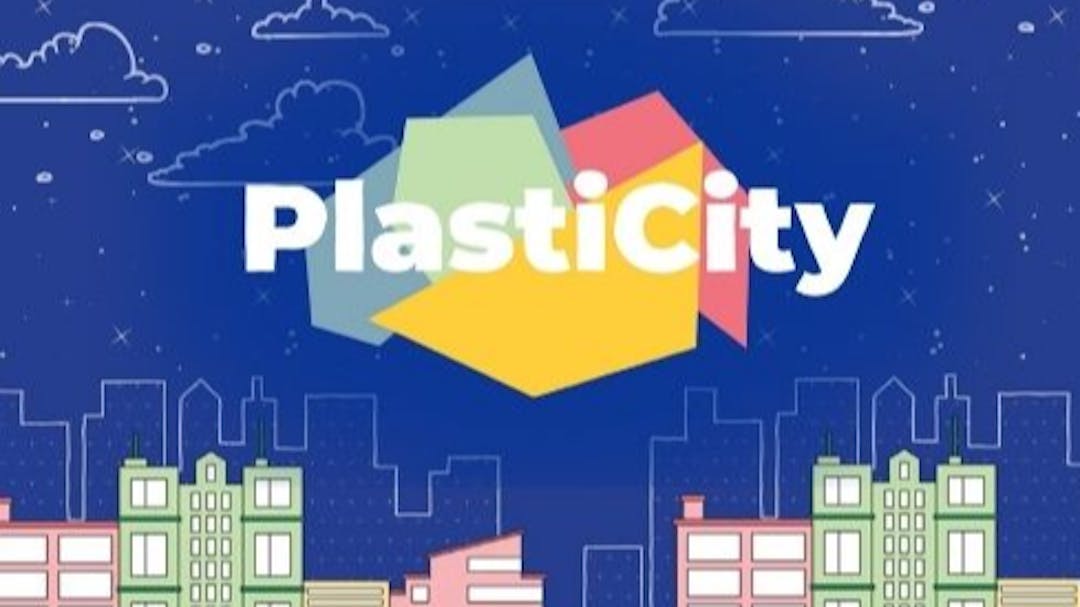The aim of PlastiCity is to increase the amount of plastic recycled by businesses in four European countries (UK, Belgium, France, Netherlands) from 20-30% to over 50%. To achieve this, we would like to work with the community to discover opportunities for recycling and harnessing plastic waste as a valuable resource.
How can PlastiCity help your business?
- We deliver workshops to help you recycle and understand the circular economy and your role in it
- Our team can carry out analysis of the waste produced by your business and help you improve your recycling
-
Provide training and an accreditation forContinue reading
The aim of PlastiCity is to increase the amount of plastic recycled by businesses in four European countries (UK, Belgium, France, Netherlands) from 20-30% to over 50%. To achieve this, we would like to work with the community to discover opportunities for recycling and harnessing plastic waste as a valuable resource.
How can PlastiCity help your business?
- We deliver workshops to help you recycle and understand the circular economy and your role in it
- Our team can carry out analysis of the waste produced by your business and help you improve your recycling
- Provide training and an accreditation for businesses aiming to improve their environmental responsibilities
- Create mini recycling hubs - a physical space where businesses will meet and start the value co-creation process to develop plastic upcycling opportunities
- Develop an urban platform where data and information are shared to facilitate the implementation of circular business models and exchange knowledge
How will Southend benefit from PlastiCity?
This will improve the living conditions of more than half a million residents in the 2 Seas region by reducing the amount of plastic pollution.
There are tonnes and tonnes of plastics in the ocean. It eventually breaks down into smaller pieces but never goes away completely. Marine animals eat it and become sick or die. It also entangles and injures them, making it difficult for them to swim or fly. Unknown numbers of animals die this way each year and toxins from the plastics that marine animals have eaten are beginning to make their way into our food stream.
How will this be done?
The project will research and develop strategies and solutions to identify, collect and recycle more plastics from businesses. As part of this, the Southend PlastiCity team is in the process of visiting local businesses and schools to gather data on the type and quantity of plastics generated.
This will provide the team with a useful insight into the different types of plastics that pass through these organisations and help them to identify ways to reduce single-use plastics, as well as improve plastic recycling.
Do you manage waste in your organisation, or have an effective recycling scheme in place that you would really like to share?
We want to hear your story!
Please share your story via our forum at the bottom of this page, or contact the team - PlastiCity@southend.gov.uk.






